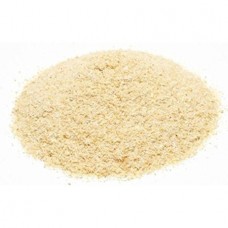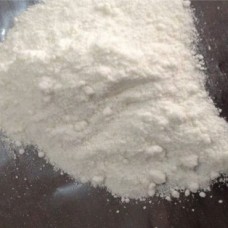Synthetic Cannabinoids (Noids)

Synthetic cannabinoids (also known as Synthetic marijuana, Noids, Herbal incense, K2, or Spice) are designer drugs which act as synthetic analogs of natural cannabinoids and produce subjective effects similar to that of cannabis. Most synthetic cannabinoids are analogs of Δ9-tetrahydrocannabinol (THC), the main active compound of cannabis, while non-psychoactive cannabinoids such as CBDare less well studied. Like THC, most synthetic cannabinoids bind to the same cannabinoid receptors in the brain and are often sold as legal alternatives.
Synthetic cannabinoids are usually sprayed or soaked into dry herbs to look more like marijuana, but pure powder is also available for sale as a gray area research chemical through the use of online vendors. They are commonly smoked or vaporized to achieve a quick onset of effects and rapid offset.
They are also orally active when dissolved in a lipid, which can increase the duration significantly. Most are insoluble in water but dissolve in ethanol and lipids.
Unlike cannabis, the chronic abuse of synthetic cannabinoids has been associated with multiple deaths and more dangerous side effects and toxicity in general. Therefore, it is strongly discouraged to take this substance for extended periods of time or in excessive doses.
SEMI-FINISHED ADBB (Available from 500 grams)
Are you looking for semi-finished strong cannabinoid just as before the ban? You can buy one of our ..
$10.00
SEMI-FINISHED JWH-018 (Available from 250 grams)
Are you looking for semi-finished strong cannabinoid just as before the ban? You can buy one of our ..
$9.00
SGM [OUT OF STOCK]
SGM its very strong synthetic cannabinoid made by TGC-RC labs. cannabinoid in China and sh..
$42.00
SGT-151 [OUT OF STOCK]
CUMYL-PEGACLONE (SGT-151) is a gamma-carboline based synthetic cannabinoid ..
$45.00
SGT-25 [OUT OF STOCK]
5F-CUMYL-PINACA (also known as SGT-25 and sometimes sold in e-cigarette form as C-Liquid) is an inda..
$55.00
SGT-263 [shipping from Europe]
SGT-263 or 1-(5-fluoropentyl)-N-(2-phenylpropan-2-yl)-7-azaindole-3-carboxamide is an very pote..
$75.00
SGT-67 [OUT OF STOCK]
SGT-67:Indole-3-carboxamides are a class of designer drugs which are known as synthetic cannabinoids..
$32.00
SGT-78 [shipping from Europe]
CUMYL-4CN-BINACA (also known as CUMYL-CYBINACA or SGT-78) is an indazole-3-carboxamide based synthet..
$65.00



![SGM [OUT OF STOCK] SGM [OUT OF STOCK]](https://thetgcrc.com/image/cache/catalog/SGM%20(synthetic%20cannabinoid)-228x228.jpg)
![SGT-151 [OUT OF STOCK] SGT-151 [OUT OF STOCK]](https://thetgcrc.com/image/cache/catalog/SGT-151-228x228.jpg)
![SGT-25 [OUT OF STOCK] SGT-25 [OUT OF STOCK]](https://thetgcrc.com/image/cache/catalog/sgt-25-228x228.jpg)
![SGT-263 [shipping from Europe] SGT-263 [shipping from Europe]](https://thetgcrc.com/image/cache/catalog/SGT-263-228x228.png)
![SGT-67 [OUT OF STOCK] SGT-67 [OUT OF STOCK]](https://thetgcrc.com/image/cache/catalog/SGT-67-228x228.png)
![SGT-78 [shipping from Europe] SGT-78 [shipping from Europe]](https://thetgcrc.com/image/cache/catalog/SGT-78-228x228.jpg)